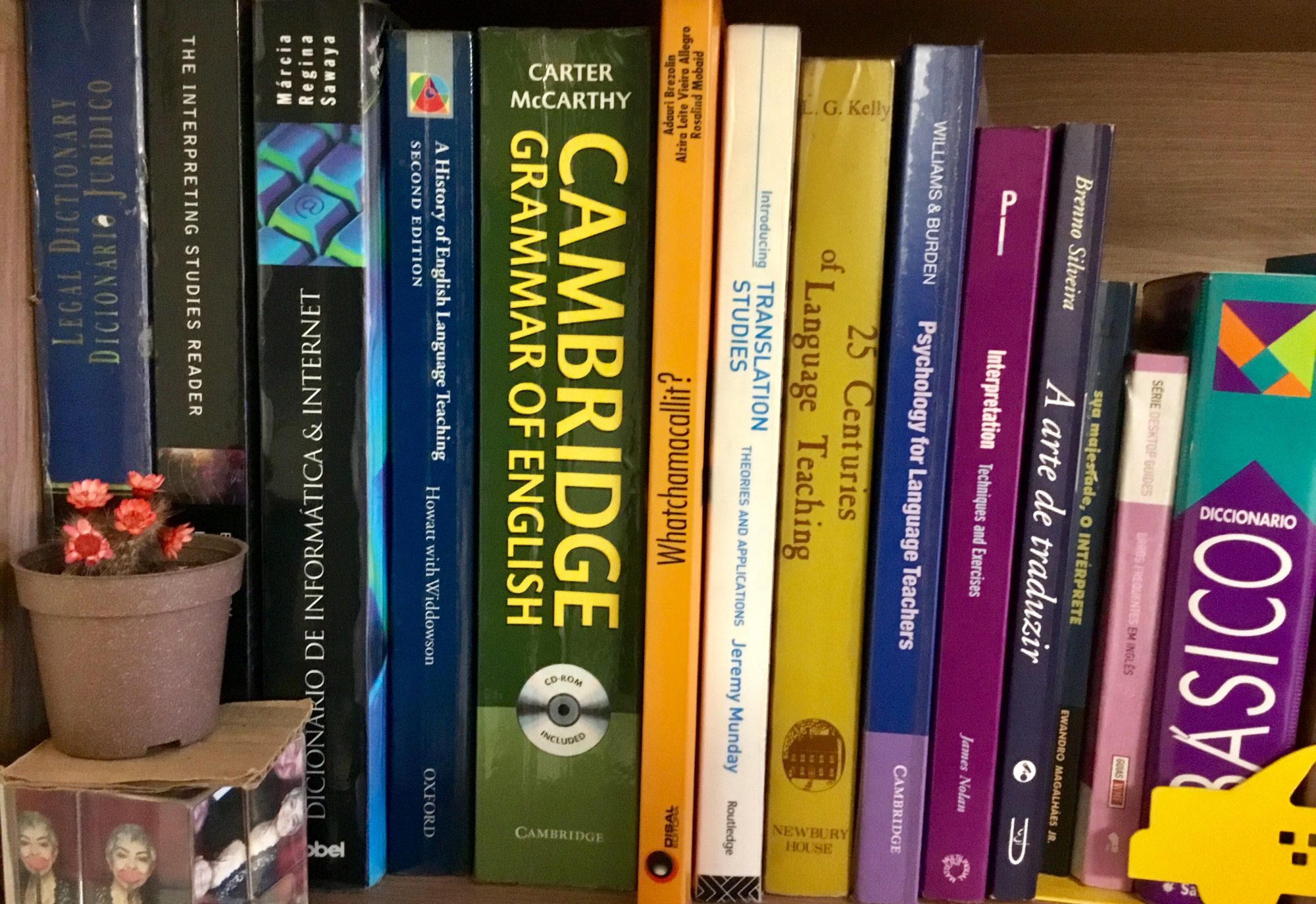
What works best for students learning a foreign language online?
It is a broadly well known fact that learners do not get enough exposure /opportunities to practice their new language skills and vocabulary, especially if they’re not located in the area where the language they’re learning is spoken/ used.
By going online foreign language students – Brazilians learning English, Spanish or French, for example, or anywhere else in the world, they can access a practically unlimited source of authentic materials – be they videos, audio, images or text, in addition to hundreds (if not, thousands) of hours of prerecorded lessons, vocabulary and grammar explanations. A notable example is the BBC Learning English app. Also, now there are different online platforms providing live online classes with native speakers or qualified teachers. Some of these platforms are iTalki (www.italki.com) and Soulphia (www.soulphia.com) 

Moreover, students are more inclined to repeat tasks online or via an automated system.
However, digital users are reaching some sort of maturity, apps have lost their amazement appeal. Online classes will work well as long as the connection is good abut tends to drain the attention of students, with some anecdotal stories showing that both teacher and students get tired faster when having to focus on a screen for more than 30 minutes.
The best solution would be for students to try to reach a blended learning process, with “in-person lessons” combined with online support, that should speed up their own learning process.
Happy learning,
Cheers,
Mo

